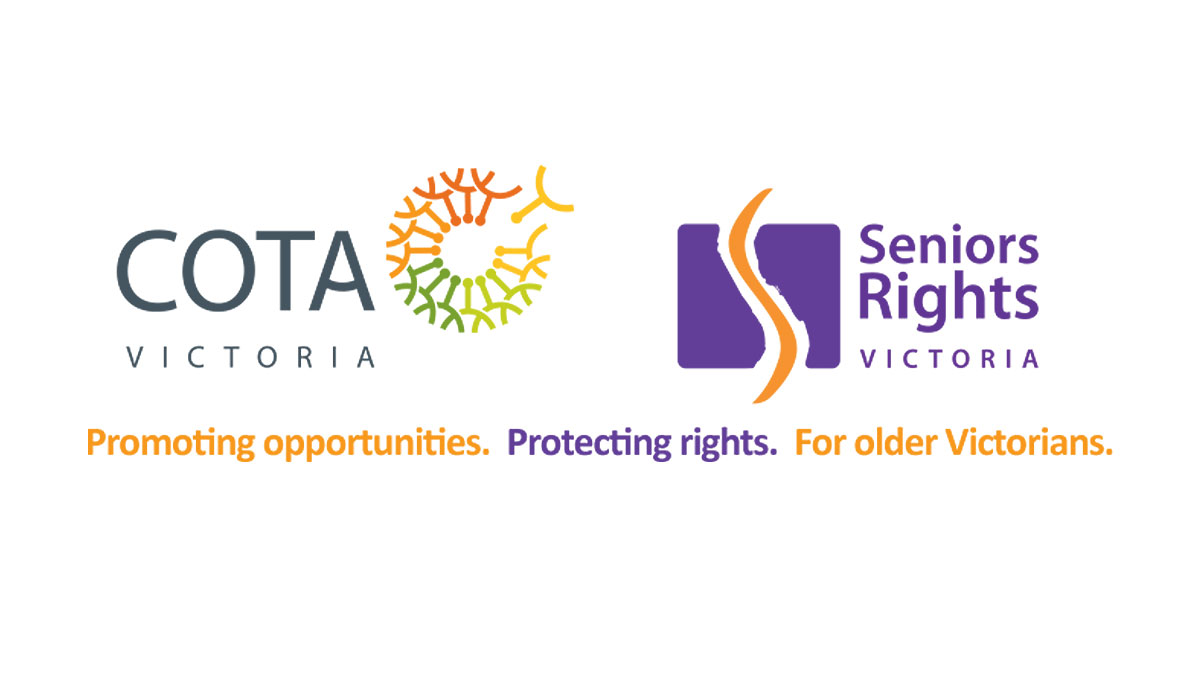Loneliness and social isolation
More Australians are recognising that loneliness and social isolation can play a big role in our health and wellbeing. Being lonely sometimes is normal, but there are some people who are feeling lonely for long periods, and that may lead to more serious issues that can seriously impact on our health (Courtin & Knapp, 2017; Lim, Eres, & Vasan, 2020).
Here we share some initiatives that have been shown to reduce loneliness and social isolation.
Tackling Loneliness and Social Isolation
Simply reaching out and having conversations with people through befriending and volunteer telephone supports have been shown to reduce loneliness and social isolation. An example is a program called How R U? This involved trained volunteers linking to older people discharged from hospital and providing weekly ½ hour phone calls over 3 months, and showed reduced loneliness, social isolation and symptoms of depression (Lowthian et al., 2018).
Social Prescribing is another approach to help people connect socially. Social Prescribing is where healthcare providers prescribe a non-medical activity rather than a medicine, and usually involves a paid connector type role to support people to find out about and access these activities. The social prescription is usually to a local activity like a walking group, art classes, or community gardening group, to
name a few. These are usually low cost and often provided by a local voluntary organisation like Neighbourhood House or the local council. Social prescribing isn’t new – and the UK is leading the way. There is now a Global Alliance of Social Prescribing, and the World Health Organisation has developed a toolkit and training.
As a result, evidence that it makes a positive difference is increasing, although more research is needed (Percival, Newton, Mulligan, Petrella, & Ashe, 2022).
There are many social prescribing initiatives underway in Australia and internationally. One example is being led by Bolton Clarke, an Australian age and community care provider, called Connecting Communities to Care. It is a collaboration with Alfred Health, South Eastern Melbourne Primary Health Network and Australian Disease Management Association and funded by The Ian Potter Foundation. Connecting Communities to Care is a community-wide program that aims to support people 65 years and older to find out what matters to them, develop goals and access local activities that would support them to do what matters to them. It is in the early development stages and more information is available below.
